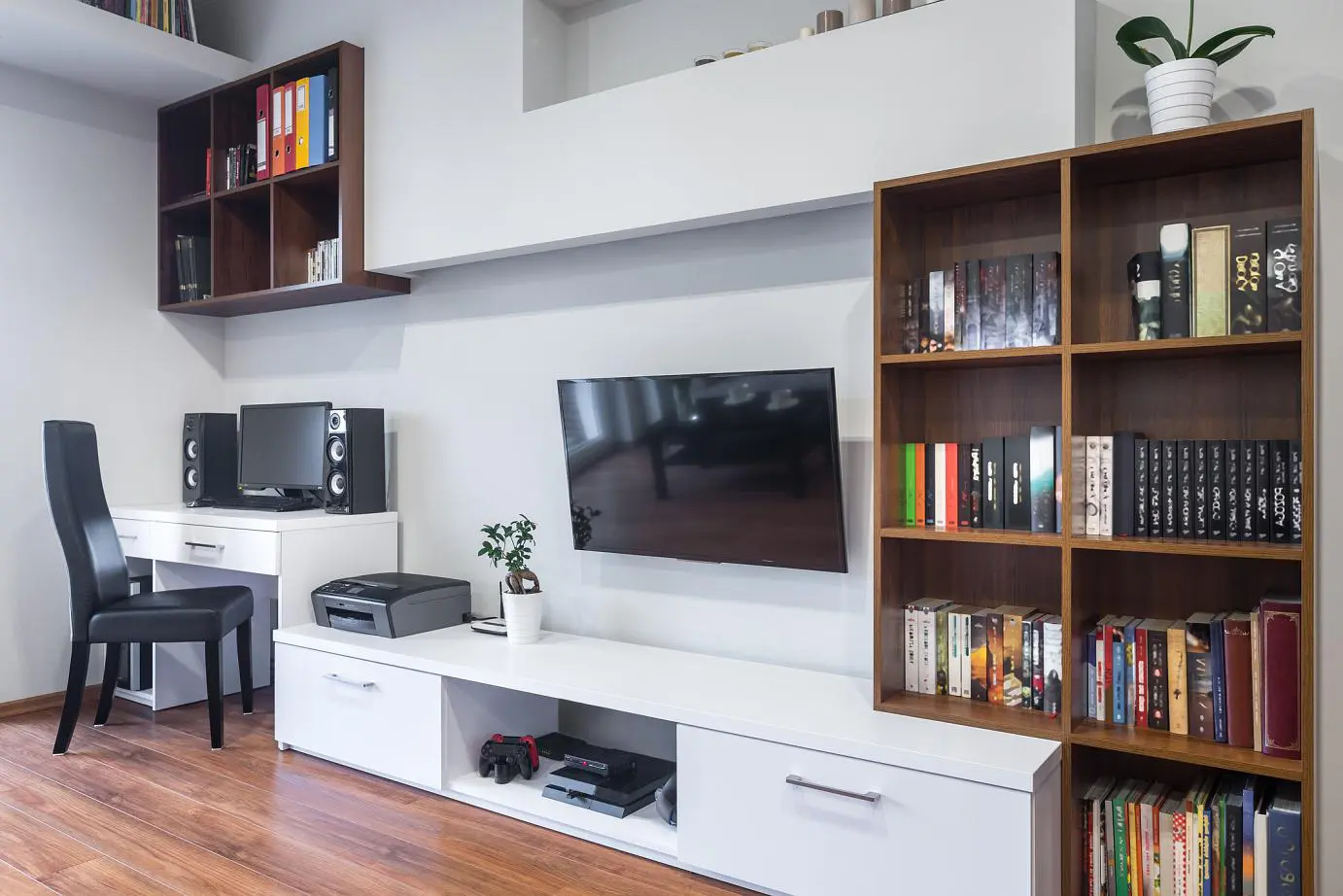The average U.S. household has more than 20 consumer electronic products, according to ENERGY STAR®. Many of us use electronics and home office equipment daily for work, hobbies, entertainment, and communication. Using efficient products and taking steps to save energy can save you money and prolong the life of your products.
Look for ENERGY STAR
When buying electronics, computers, and other office equipment, look for the ENERGY STAR label.
ENERGY STAR certified computers and office electronics offer power management features and efficient internal and external power supplies to ensure energy savings. A variety of computer and office products earn ENERGY STAR certification, from desktop computers to laptops and tablets to imaging equipment such as copiers, printers, scanners, all-in-one devices, fax machines, and mailing machines.
Electronics such as televisions, set-top and cable boxes, and audio and video equipment also are eligible to earn ENERGY STAR certification. As home entertainment systems offer increasingly advanced features and are ever more prevalent throughout our homes, they also use more energy. A home using two set-top boxes is using significantly more electricity than it takes to run a new refrigerator. ENERGY STAR certified electronics use up to 50% less energy than standard models.
Visit energystar.gov to learn more.
Tips for Electronics
The following tips can help you save energy when using computers, office equipment, and electronics:
- Many consumer electronics continue to draw power even when they are switched off. These “phantom power users” could add an extra 10% to your monthly utility bill. Use advanced power strips that can prevent electronics from drawing power when they aren’t being used. Features such as timers, activity monitors, and remotes provide options that make it easy to save energy.
- Turn off computers and other equipment when they aren’t in use.
- Use power management settings on computers and monitors, which will send your equipment into low-power “sleep modes” after periods of inactivity. Avoid using screen savers.
- Make sure that computer games that prevent your computer from going to sleep are not left running while you aren’t using your computer.
- Unplug battery chargers when the batteries are fully charged or the chargers are not in use.
- Streaming content with electronic equipment that has earned the ENERGY STAR will use 25%–30% less energy than standard equipment.
- When streaming content, choose the smallest device that makes sense for the number of people watching. Avoid streaming on game consoles, which use 10 times more power than streaming through a tablet or laptop.
- If your cable or satellite TV service provider gives you a set-top box as part of your contract, ask for an ENERGY STAR certified model, which is 40% more efficient than conventional models.
- Set your television to the “home” or “standard” setting to reduce the brightness and reduce your TV’s energy use by 18%–30%.

